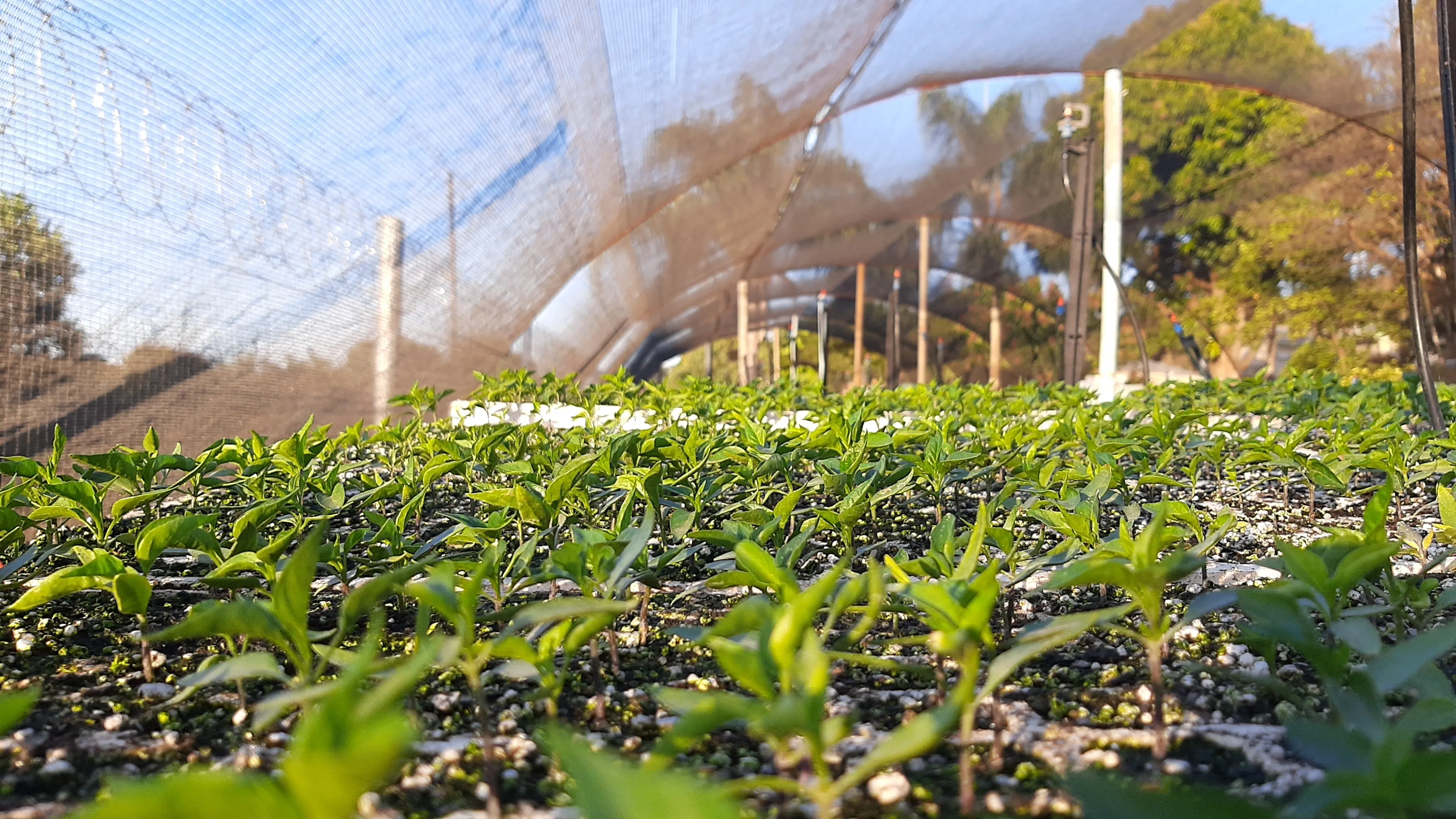Common Challenges in No-Till Farming and How to Overcome Them
Be inspired by 'Case Studies: Success Stories in No-Till Agriculture' from Vriksha Farms. This blog post showcases real-world examples of successful no-till farming practices. Discover how farmers across different climates and soil types have implemented no-till methods to enhance soil health, increase yields, and contribute to environmental sustainability. Learn from these success stories, which offer valuable insights and practical strategies for adopting no-till farming in your own agricultural pursuits."

Introduction:
No-till farming, a cornerstone of sustainable agriculture, offers numerous environmental benefits, including improved soil health and reduced erosion. However, adopting this practice can present challenges, particularly for those new to it. At Vriksha Farms, we understand these challenges and are committed to providing solutions that align with our ethos of Responsible Agroforestry and sustainable living. This blog post explores common challenges in no-till farming and offers practical strategies to overcome them.
1. Initial Transition Period:
The shift from traditional tilling to no-till farming can be daunting. Initially, you might face issues like uneven seedbeds or increased weed pressure. It's important to be patient during this transition, as the soil ecosystem needs time to adjust. Integrating cover crops and adjusting planting techniques can help mitigate these issues.
2. Managing Residue:
In no-till systems, residue management is crucial. Excessive residue can hinder planting operations and harbor pests. Implementing a balanced approach, such as using residue managers on planters or employing strategic grazing, can help manage crop residues effectively.
3. Weed Control:
Weeds can be more challenging in no-till systems, as the soil is not disturbed to disrupt their growth. Integrating a robust crop rotation plan and using cover crops effectively can suppress weed growth. Additionally, employing targeted herbicide applications, if necessary, can be part of an integrated weed management strategy.
4. Soil Compaction:
Soil compaction can occur in no-till systems, especially in areas with heavy machinery traffic. To address this, limit traffic to specific areas and consider using equipment with lower ground pressure. Deep-rooted cover crops can also help alleviate compaction by naturally aerating the soil.
5. Nutrient Management:
Balancing nutrient levels can be challenging in no-till systems. Regular soil testing is essential to understand nutrient needs. Adopting precision agriculture techniques and using slow-release fertilizers can help maintain optimal nutrient levels.
6. Pests and Diseases:
No-till farming can sometimes lead to an increase in certain pests and diseases. Monitoring fields regularly and adopting integrated pest management strategies can help manage these challenges. Encouraging beneficial insects and using disease-resistant crop varieties are effective strategies.
7. Equipment Adaptation:
Adapting existing equipment for no-till or investing in new equipment can be a hurdle. Seek advice from experienced no-till farmers and consider cost-sharing or rental options to mitigate the financial impact.
Conclusion:
While transitioning to no-till farming presents challenges, the long-term benefits for the soil, environment, and farm profitability are significant. At Vriksha Farms, we embrace these challenges as part of our commitment to sustainable agriculture. We encourage you to explore the potential of no-till farming as a means to promote a sustainable, environmentally conscious lifestyle, and as a viable investment in managed farmland.
Call to Action:
Join Vriksha Farms in advancing sustainable agriculture practices. Explore our managed farmland plots where innovative approaches like no-till farming are implemented for long-term environmental and economic benefits. Contact us to learn more and become part of this sustainable farming journey.
